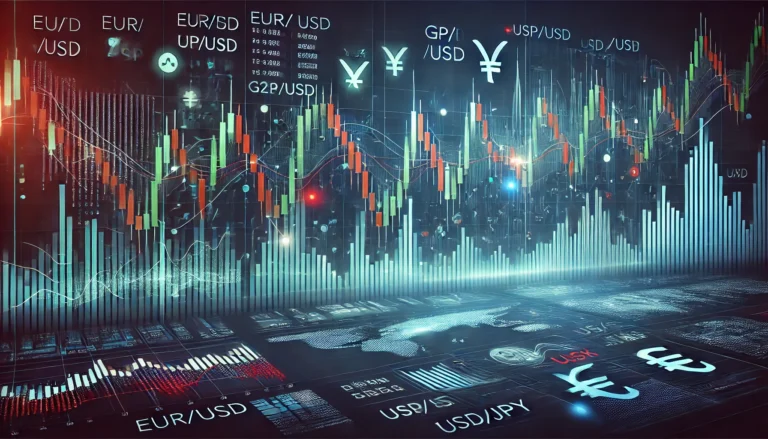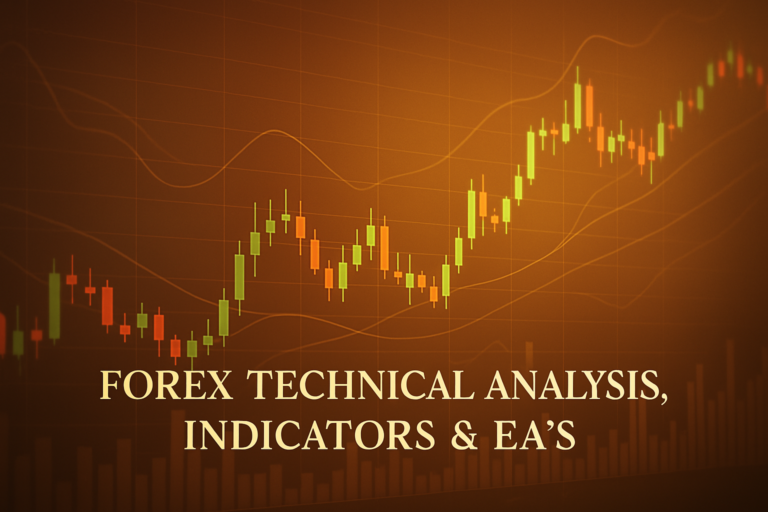
If you want to explore the differences and intricacies of forex trading vs stock trading, this blog post will guide you on your trading journey.
When it comes to investing, two popular options are forex trading and stock trading. Forex trading involves exchanging currencies, while stock trading involves buying and selling shares of companies. Both have their unique features, and understanding the differences can help traders make informed decisions.
Many traders, whether they are beginners or professionals, struggle with the choice between forex trading vs stock trading. This confusion often stems from the fast-paced nature of forex markets compared to the relatively stable stock exchanges. Knowing how to navigate these waters can lead to better trading outcomes and increased confidence.
One strategy that can help traders is adx smoothing. This technique helps in making more accurate trading decisions by reducing noise in price data.
Understanding the Forex Trading vs Stock Trading
In the world of trading, the primary issue lies in understanding the fundamental differences between forex trading and stock trading. Forex trading involves a decentralized market where currencies are traded in pairs, such as EUR/USD or GBP/JPY. In contrast, stock trading focuses on purchasing shares from publicly listed companies.
This difference leads to variations in market behavior. For instance, forex markets are influenced by global economic indicators, geopolitical events, and interest rates. On the other hand, stock prices are affected by company performance, earnings reports, and industry trends. For example, if a company announces strong quarterly earnings, its stock price may rise significantly. Conversely, currency pairs may fluctuate due to changes in economic policies or political instability.
Pro’s and Con’s for Forex Trading vs Stock Trading
When comparing forex trading vs stock trading, it’s essential to weigh the pros and cons for each option. Here are some key points to consider:
- Forex Trading:
- Liquidity: Forex markets are highly liquid, allowing for quick entry and exit of trades.
- 24-Hour Market: Forex trading occurs around the clock, providing flexibility for traders.
- Leverage: Traders can use leverage to increase their potential returns, but it also increases risk.
- Stock Trading:
- Ownership: Buying stocks means owning a piece of the company, which can be rewarding.
- Dividends: Many stocks pay dividends, providing a potential income stream.
- Market Stability: Stock markets tend to be more stable, especially for established companies.
For traders looking to resolve challenges, here are some best practices:
- Stay informed about economic news and market trends.
- Utilize effective risk management strategies.
- Practice trading with a demo account before investing real money.
Advanced traders should be aware of market manipulation and sudden volatility. Understanding technical analysis and staying updated on global events can help mitigate risks.
In the context of future trading, take note of the significant date August 08, 2025. This day may have implications for various currency pairs based on economic forecasts.
Frequently Asked Questions
1. What is the main difference between forex trading and stock trading?
The main difference is that forex trading involves currency pairs, while stock trading involves shares of companies. Forex markets are influenced by global factors, while stock prices are driven by company performance.
2. Which is riskier: forex trading or stock trading?
Forex trading is often considered riskier due to high volatility and leverage. However, stock trading can also be risky, especially during market downturns. It depends on the trader’s strategy and experience.
3. Can beginners start with forex trading?
Yes, beginners can start with forex trading, but it requires a solid understanding of market dynamics and risk management. Starting with a demo account is advisable.
4. How can I minimize risks in forex trading?
To minimize risks, traders should use stop-loss orders, diversify their trades, and stay informed about market news. Proper risk management is crucial.
5. Is it better to trade forex or stocks for long-term investment?
For long-term investment, stock trading may be better as stocks can appreciate over time and provide dividends. Forex trading is generally more suited for short-term trading strategies.
Conclusion
Understanding forex trading vs stock trading is crucial for any trader. Each has its advantages and challenges. By staying informed and applying best practices, traders can navigate these markets successfully.
Investing in your trading education is essential. Remember, every trader faces challenges; the key is to learn and grow from them.
Recommended Next Steps
To enhance your trading skills, consider these steps:
- Read books on trading strategies and market psychology.
- Join online trading communities for advice and support.
- Practice with a demo account to gain experience without risk.
- Stay updated on economic events and how they affect markets.
Expand your knowledge with proven strategies from Finance Magnates, The Balance
Expand Your Knowledge
- 📌 Forex Trading Learning Road Map
- 📌 Forex Trading Course with no Fees
- 📌 Forex Trading Issues, Problems, and Solutions
- 📌 Forex Daily Forecast & Live Updates
- 📌 Forex Fundamental & News Analysis: Tomorrow’s Market Movers & Trade Opportunities
- 📌 Forex Education Hub: Learn & Profit
- 📌 Forex Technical Analysis, Indicators & EA’s
Start Trading Today
Ready to take your forex trading to the next level? Open an account with Exness, one of the most trusted platforms in the industry. 👉 Sign Up Now and trade with confidence!
My recommended broker stands out with ultra-low spreads for beginners, instant withdrawals, and zero spread accounts for pro traders.
Trusted since 2008, lightning-fast execution, no hidden fees, and a secure, transparent trading environment—giving you the edge you need to succeed. 🚀
YouTube Video Library: Related Videos
Note: The video above is embedded from YouTube and is the property of its original creator. We do not own or take responsibility for the content or opinions expressed in the video.




